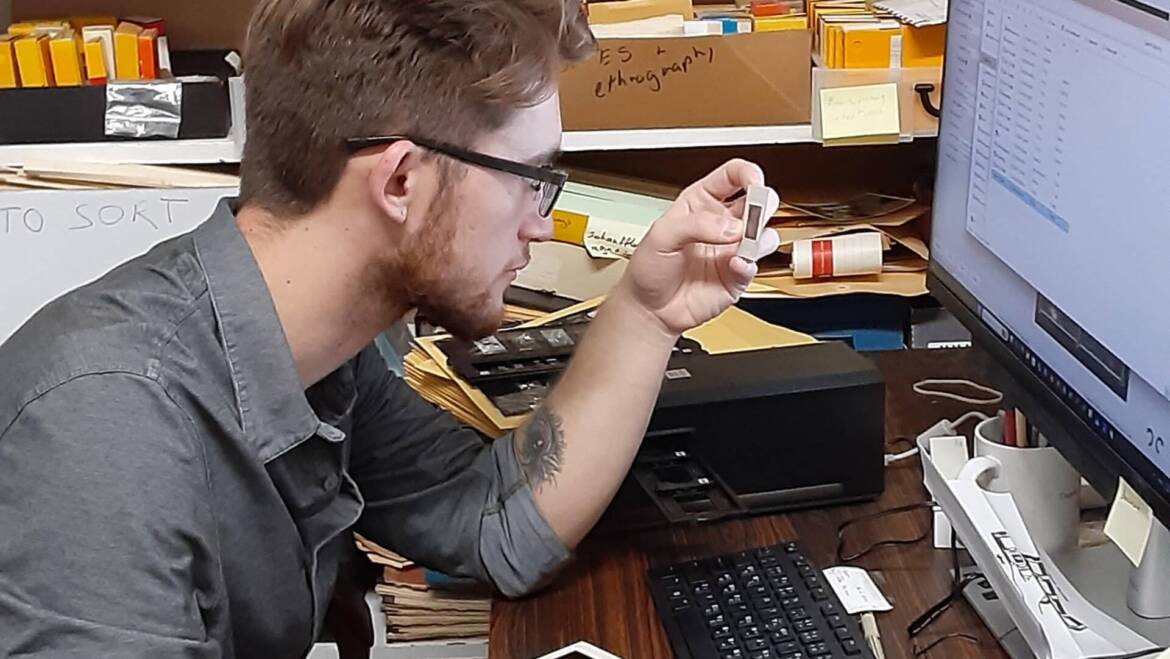by Ella Jewell
Ella: Can you tell us a little about yourself?
I’m an anthropology major at Temple University; I’m a senior and am planning to work for a year after graduating this summer, then want to go to grad school for forensic anthropology. This dream came to be because of the show Bones. I love problem solving and hands-on work, and definitely don’t want to be behind a computer at a desk for the rest of my life. Before I was in anthropology, I tested out math, ecology, and business before finding the right fit in forensic anthropology.
Ella: What first introduced you to the Ban Chiang Project?
I was looking for anything to do with anthropology, whether it was paid work or volunteering. I also think it’s good to get training with delicate work— plant samples are less risky than samples from people, so I figured this was a great place to start. I emailed Joyce about joining the team and have been here since August. I know I need to start somewhere and am happy to do the scanning and the grunt work for now.

Ella: What is it that you do for the Project on a day-to-day basis?
My main job is turning physical photos into digital formats using 35 mm slides and black and white negatives. I enter information and dates the images were made, then make sure there are system connections between recent photos Lea took to other earlier data, and I make sure the folders are accessible and easy to use.

Ella: Where did you get these skills?
Right here on the job; I didn’t know a thing about film before.
Ella: How many films/slides are there in total? How many have you done so far?
I’ve input 711 as of today but there are still many, many left to do.

Ella: What is your favorite part of your work with the Ban Chiang Project?
I like getting to see slides that show what life was like in the 1970s – 1980s northern Thailand, I think about the different cultural aspects of the items in the photos and what could’ve been happening behind the scenes.
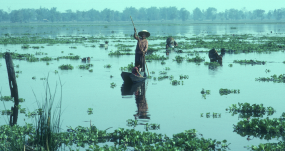
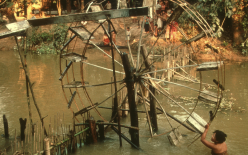
Ella: Do you have a favorite slide you’ve processed so far, or a favorite subject?
I like the slides with marketplace and food images, or photos of locals foraging for plants and seeing the same kinds of plants at the marketplace in slides from a few days later.
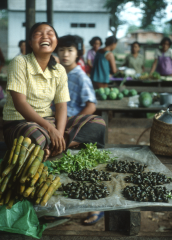
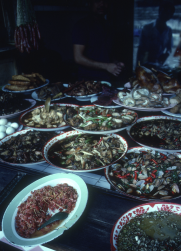
Ella: Would you want to go to the areas in the slides if you had a chance?
Yes, but I know times have changed and it’s more globalized and modern, but I still would like to go to Thailand.
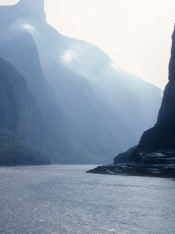

Ella: After your work here is done, do you have any other projects in mind to work on with the Penn Museum or beyond?
Next semester, I’ll be working at Temple University’s anthropology lab and museum, but I’m really trying to go with the flow. Someday, I would like to work with the physical anthropology department at Penn Museum to get into more specific biological anthropology work.


